

Constipation is medically defined by the passing of infrequent bowel motions (stools), fewer than 3 per week. However, people may also experience the passage of hard or dry stools as constipation.
Occasional constipation is extremely common and may follow a change in routine (such as travel), a change in diet, a brief illness such as a respiratory infection, or medications such as antibiotics or analgesics.
Chronic constipation, present for more than a few weeks, is rarely due to a life-threatening condition. However, if it does not respond to simple measures, see your doctor.
The symptoms of constipation include:
In some cases, constipation is caused by more serious illnesses and events, including tumours and systemic diseases.
Constipation is sometimes symptomatic of underlying medical problems, such as:
Some of the complications of chronic constipation include:
The underlying reason for the constipation must be found. Diagnosis may include:
Treatment depends on the cause, but could include:
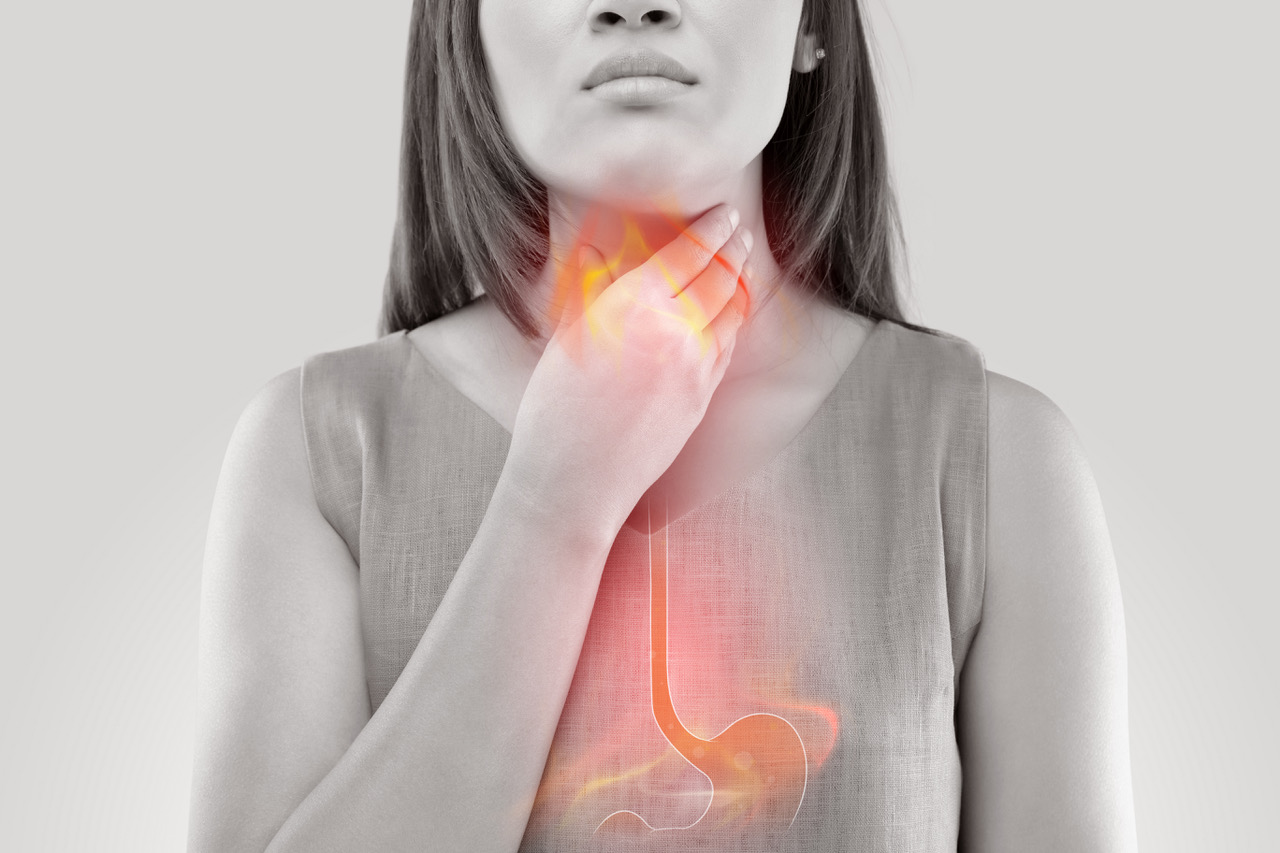

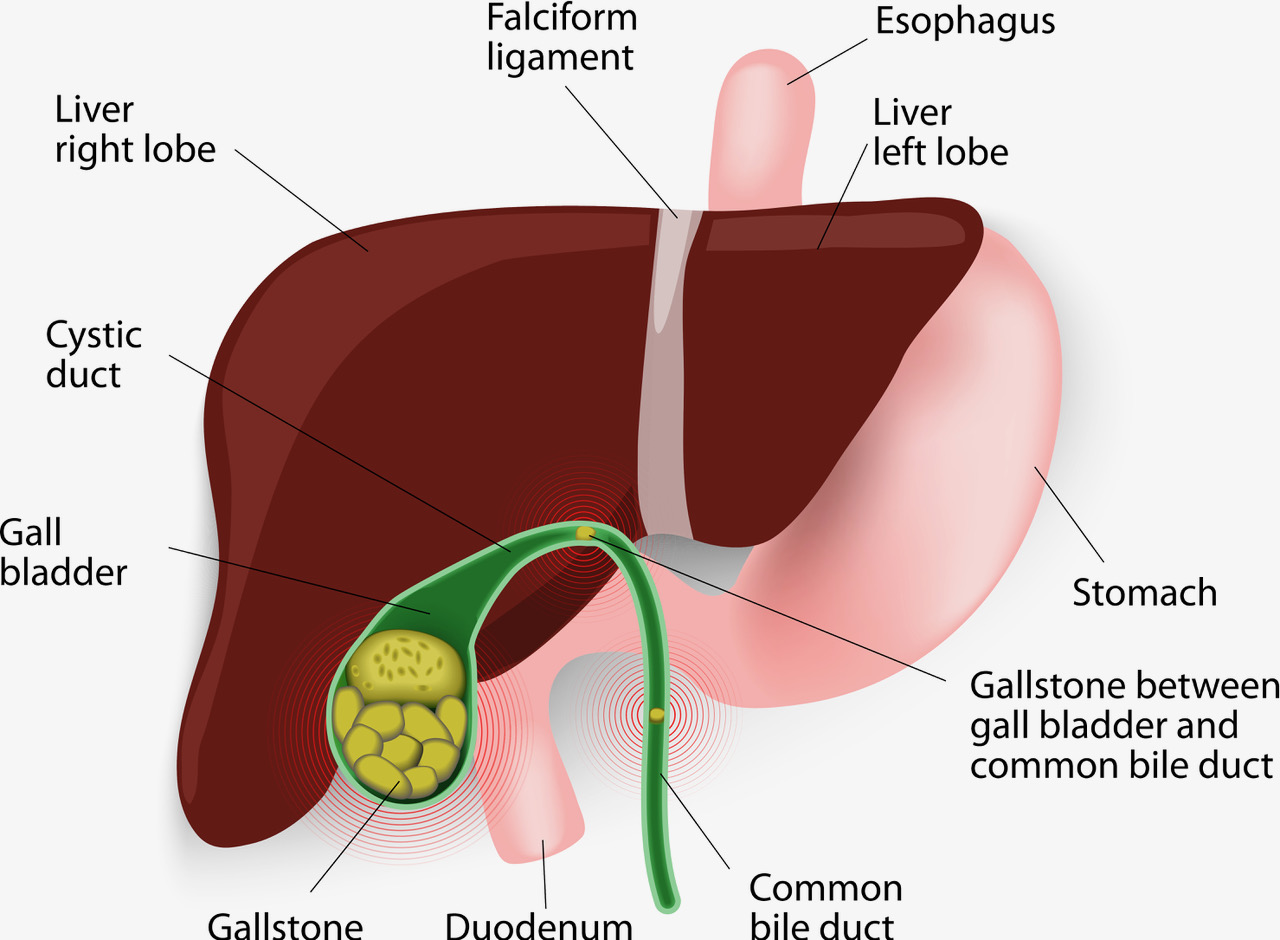
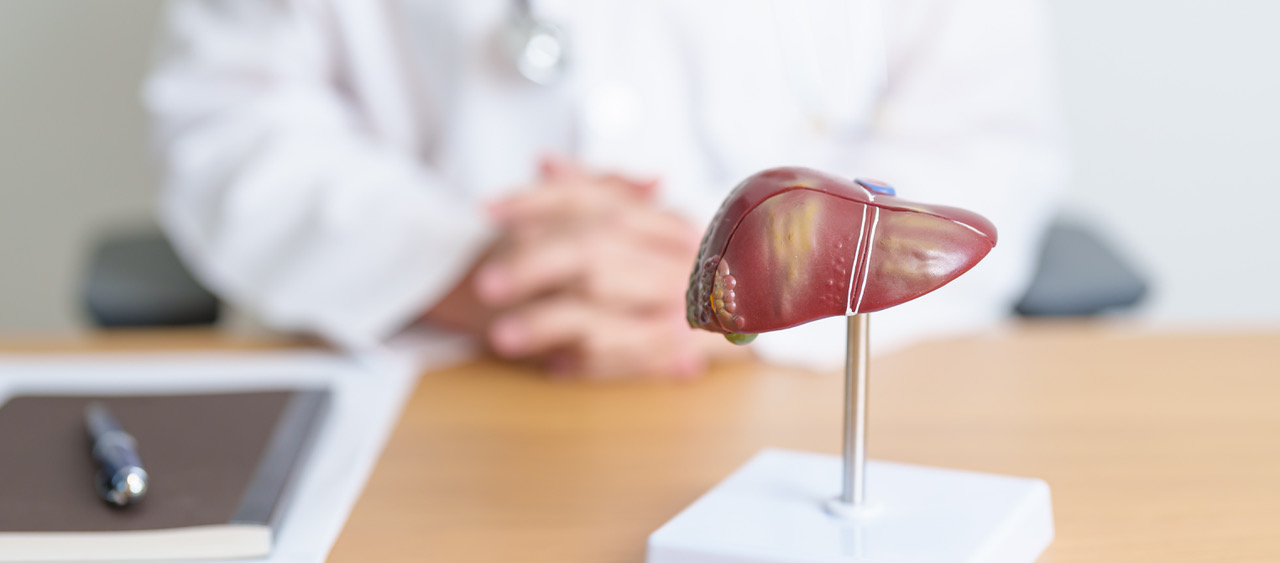
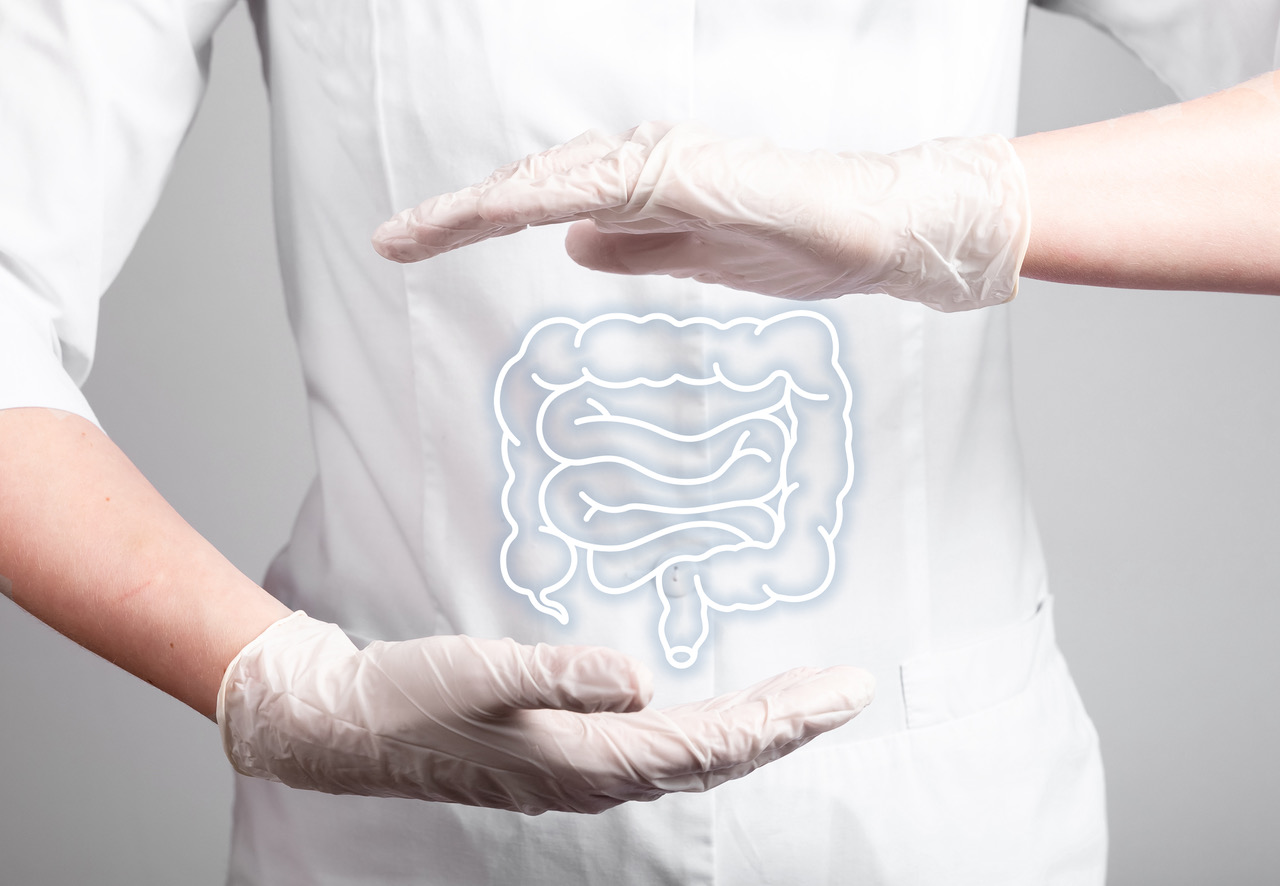
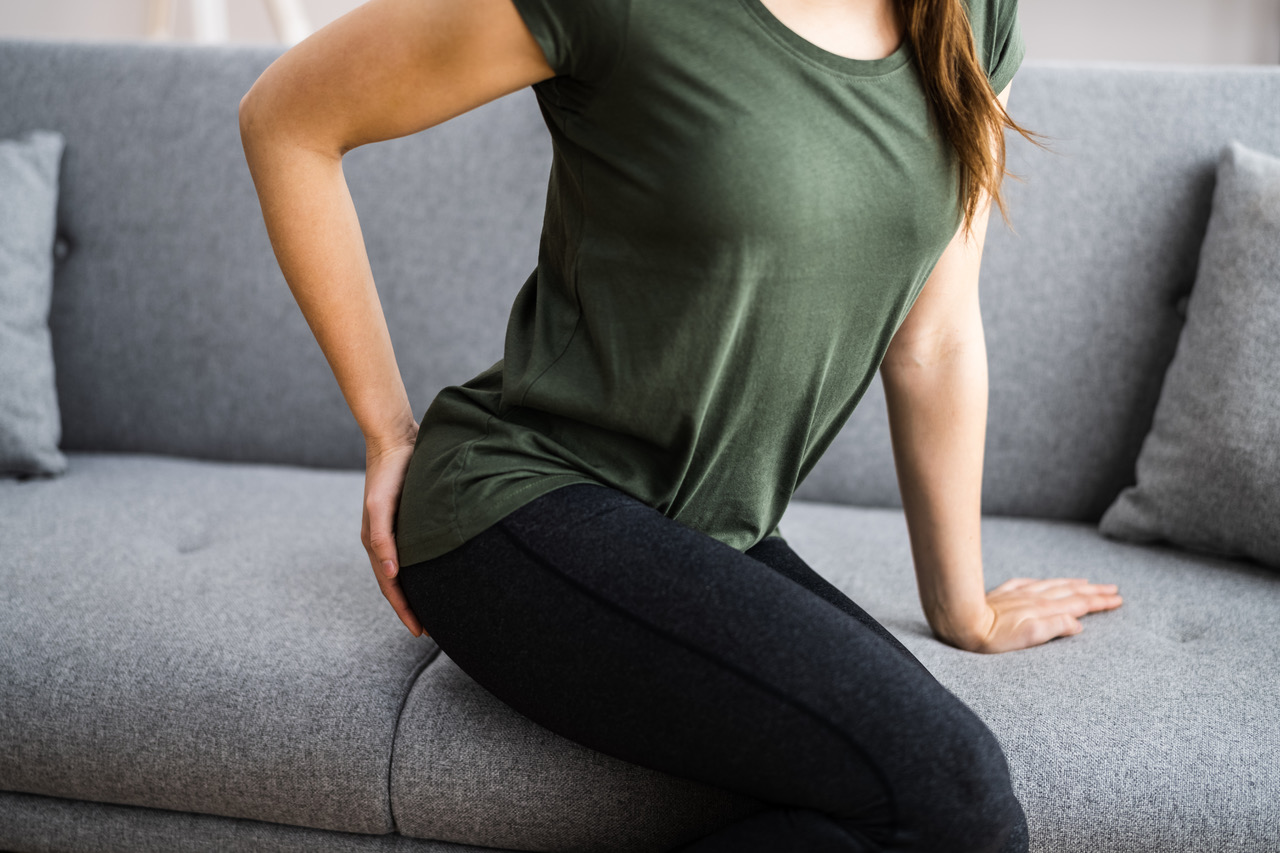
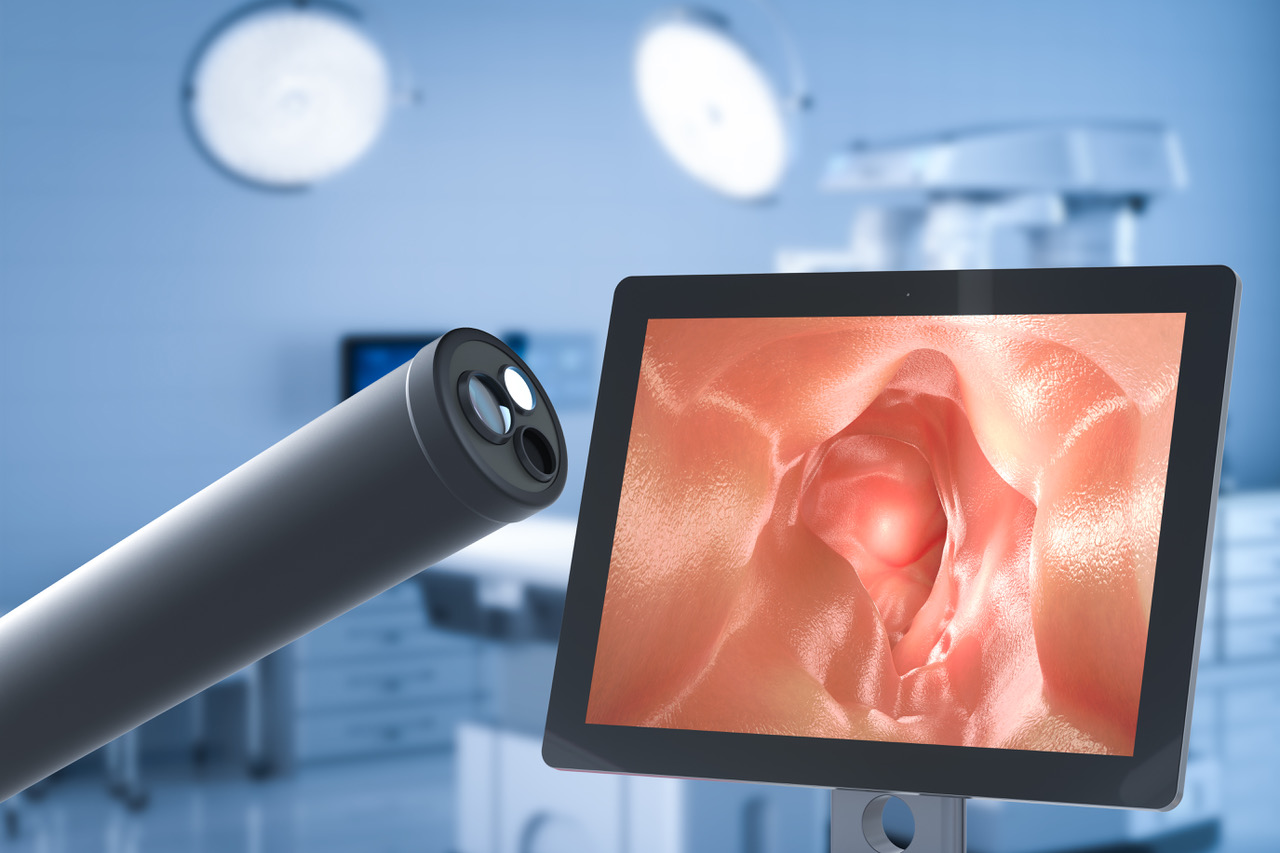
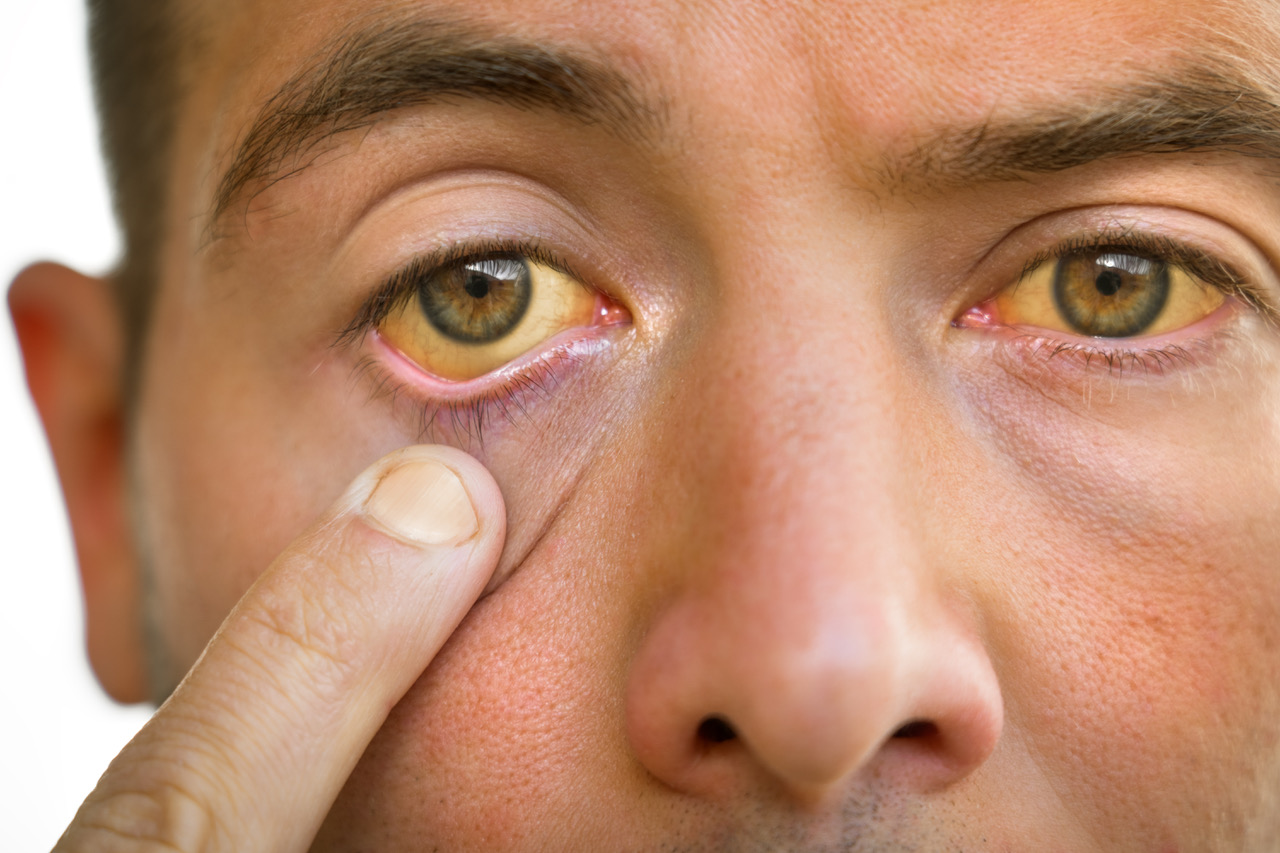
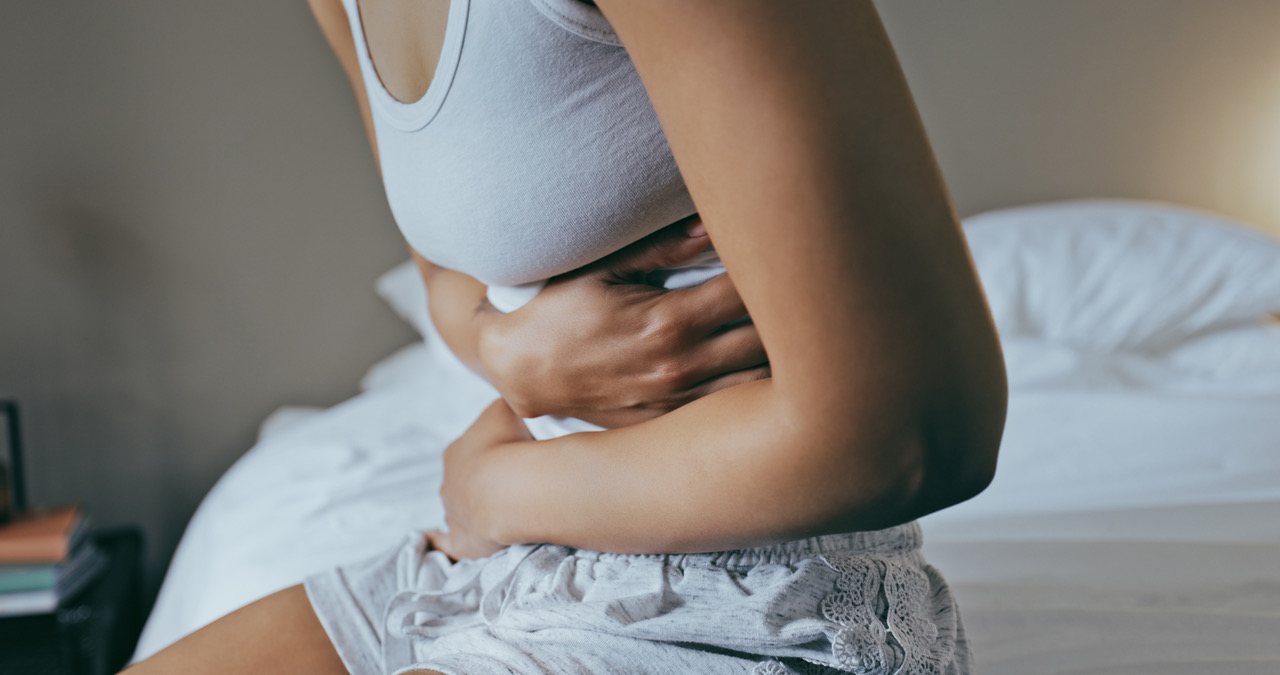
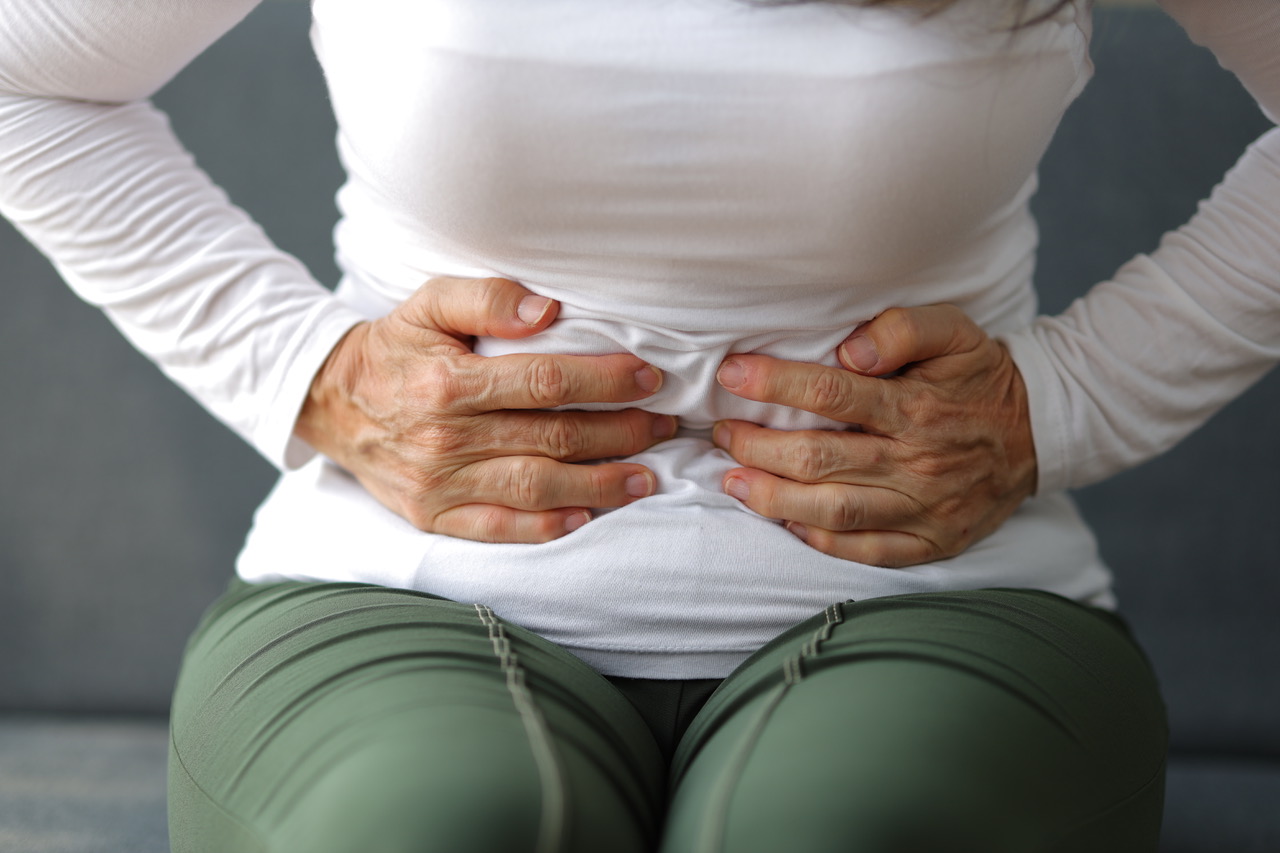
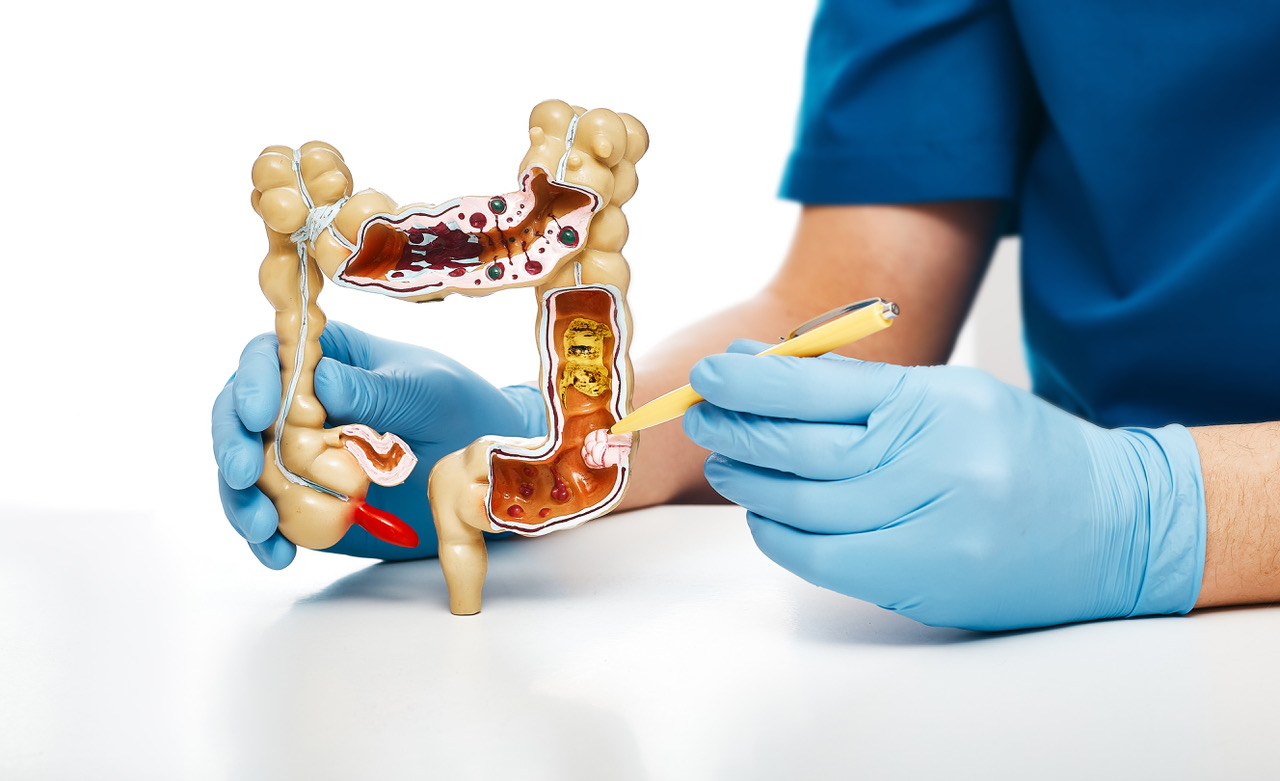
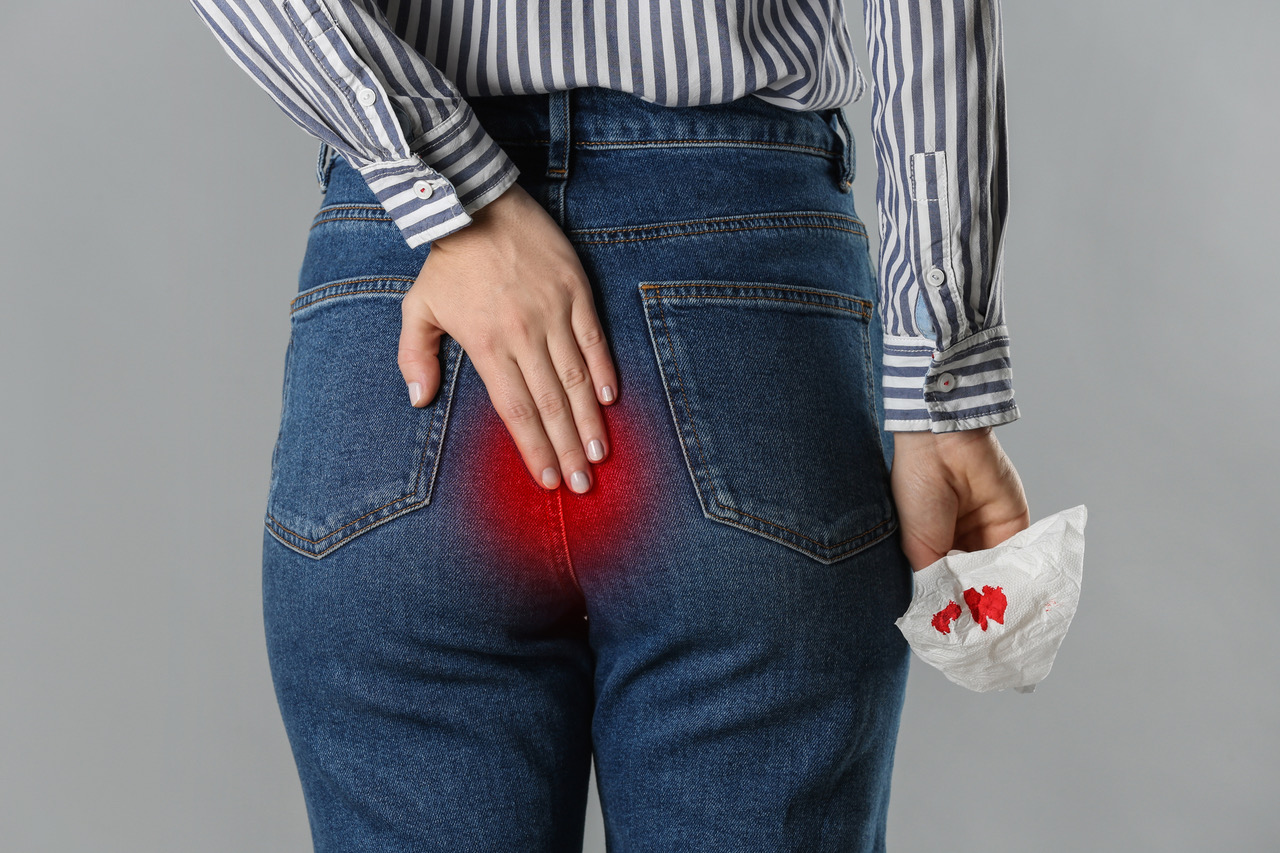

Contact Us
Covina Location
500 W. San Bernardino Rd, Suite B Covina, CA 91722
(626) 960-2326
Glendora Location
415 W. Route 66, Suite 102 Glendora, CA 91740
(626) 610-2112